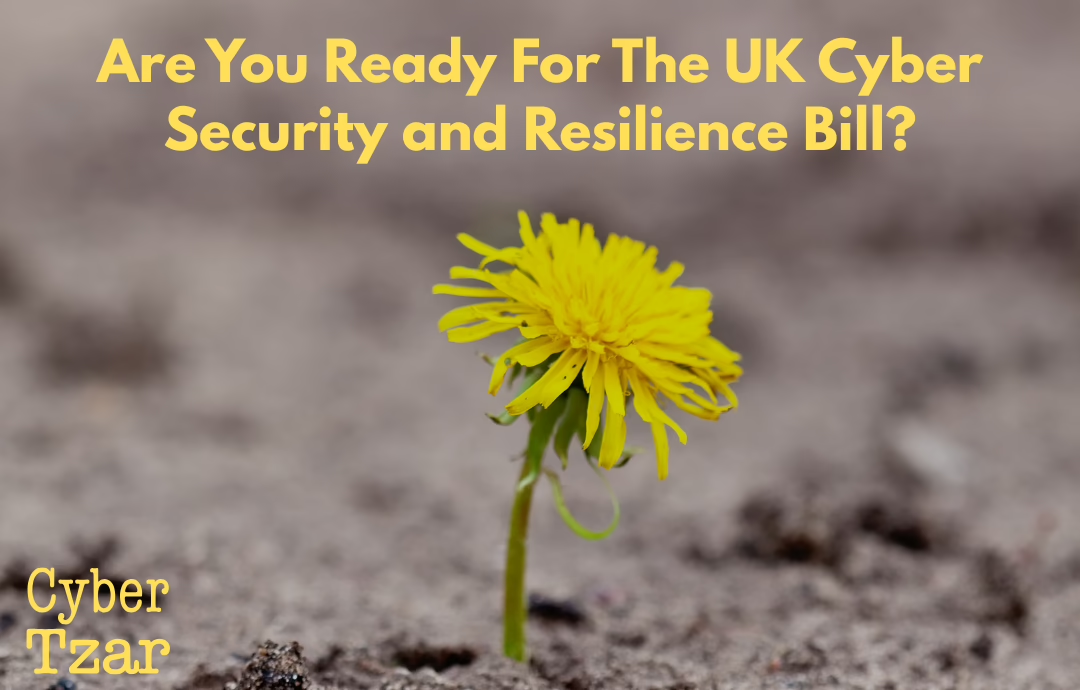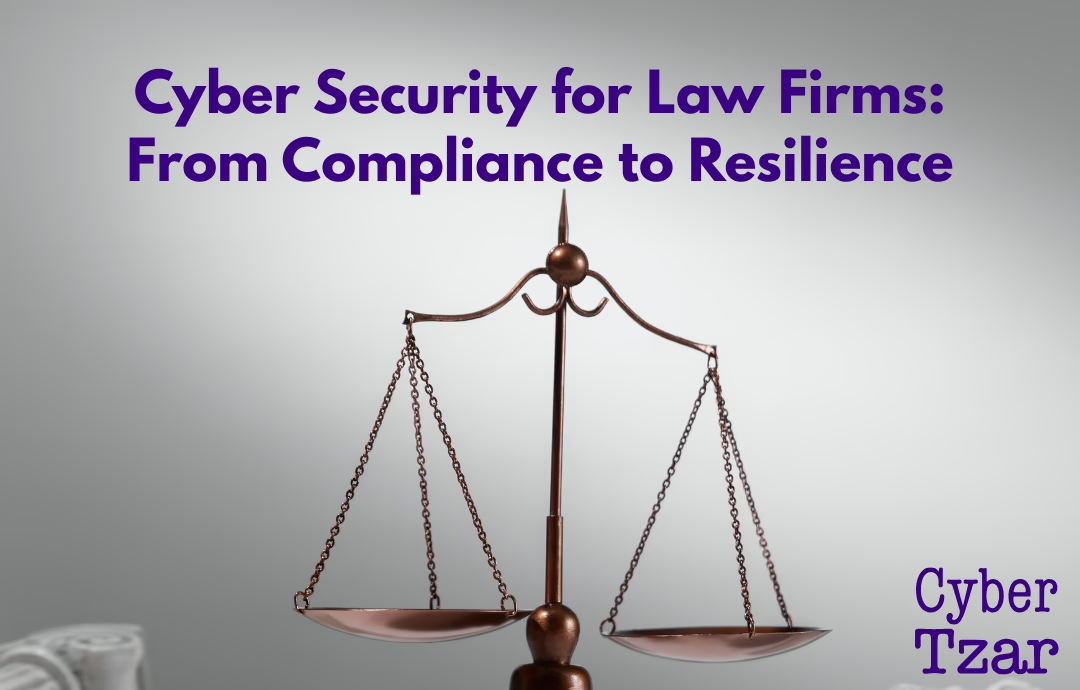Exploring Potential Solutions to “Wanted: another 3mn cyber professionals”
The Financial Times article by Nick Huber “Wanted: another 3mn cyber professionals” discusses the acute shortage of cyber security professionals across various sectors. It states that as of 2022, there was a global shortfall of 3.4 million professionals in the field, against a total workforce of 4.7 million. While efforts are being made to bridge this gap—such as new recruitment initiatives, retraining programs, and entry-level certifications—the demand continues to outpace the supply. Salaries in the cyber security field are high, but organizations still struggle to retain talent. The article highlights the importance of soft skills and diversity in improving cyber security and calls for more than just technical proficiency to address the growing risks.
Critical Analysis
The article effectively sheds light on a problem that has both immediate and long-term repercussions. It successfully combines data, expert opinions, and real-world examples to provide a comprehensive look at the state of the cyber security workforce.
However, the article could have benefited from discussing potential solutions in greater detail. While it mentions initiatives like new certifications and retraining programs, it doesn’t delve into how effective these solutions have been or could be. Moreover, it discusses the need for diversity and soft skills but doesn’t elaborate on how these can be systematically incorporated into recruitment processes.
The focus on high salaries may also inadvertently perpetuate the idea that financial compensation is the main draw for this profession. This could overshadow other important factors like job satisfaction, work-life balance, or even the ethical dimension of cyber security work.
Additionally, the article highlights the issue of diversity but doesn’t scrutinize it sufficiently. Given that diversity is not just beneficial but critical in this field, a deeper analysis could have strengthened the article’s impact.
Overall, the article serves as an important wake-up call about the cyber security skills gap, but it could have gone further in offering a roadmap for solutions.
Potential Solutions
Let’s explore some potential solutions to the cyber skills gap:
Automation and AI
- Automated Cyber Risk Qualification: Implement automated systems that assess and prioritize cyber risks, allowing organizations to focus their limited resources on the most critical vulnerabilities.
- Automated Threat Detection: Use machine learning algorithms to automatically identify potential threats, reducing the need for manual monitoring.
- Scripting and Orchestration: Automate repetitive tasks, freeing professionals to focus on more complex issues.
- AI-Assisted Analytics: Machine learning can assist in sifting through large datasets to identify anomalies faster and more accurately.
Diversity and Inclusion
- Targeted Recruitment: Actively recruit from underrepresented communities.
- Mentorship Programs: Pair newcomers with experienced professionals for career guidance.
- Reduce Barriers to Entry: Where possible, and practical, reduce selection criteria and assess people on attributes other than academic achievements.
Educational Programs
- Early Exposure: Introduce cyber security curricula in primary and secondary schools to encourage early interest.
- Scholarships and Grants: Financial incentives for students pursuing cyber security degrees.
- Online Courses: Accessible, low-cost, or free courses for those interested in transitioning into cyber security from other fields.
Government Initiatives
- Public-Private Partnerships: Coordinated efforts to develop talent and share best practices.
- Tax Incentives: Offer tax breaks to companies investing in cyber security training and infrastructure.
Industry Partnerships
- Internships and Apprenticeships: Collaborate with academic institutions for hands-on training.
- Certification Programs: Industry-recognized certifications can validate skill sets and may require less time to complete than a degree.
- Cross-Training: Offer in-house training for existing employees from other departments who show an aptitude for cyber security.
Remote Workforce
- Global Talent Pool: Utilize remote work to tap into cyber security talent from around the world.
- Flexible Working Conditions: Offering flexible hours can attract a broader range of candidates, including those who might be balancing other life responsibilities.
Skill Adaptability
- Soft Skill Training: In addition to technical skills, invest in training for communication, problem-solving, and team collaboration.
- Continuous Learning: The cyber landscape is ever-changing; encourage ongoing education and upskilling.
By integrating these different approaches, organizations can more effectively narrow the cyber skills gap while building a resilient, diverse workforce.



